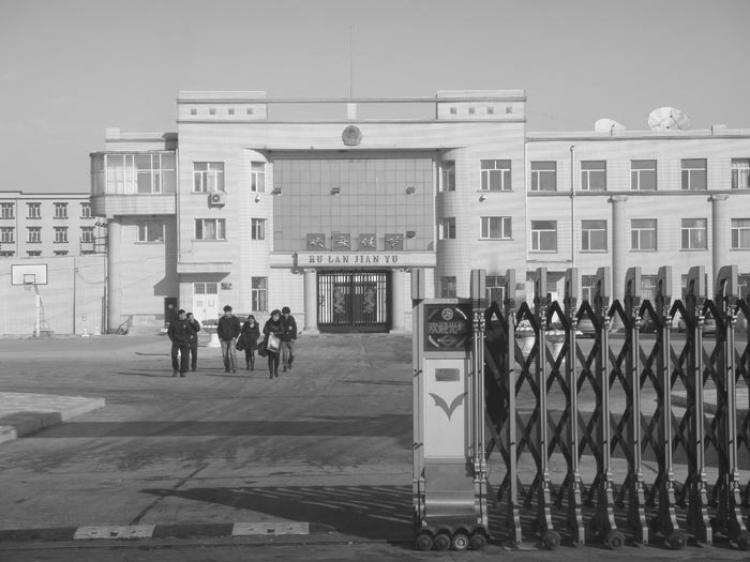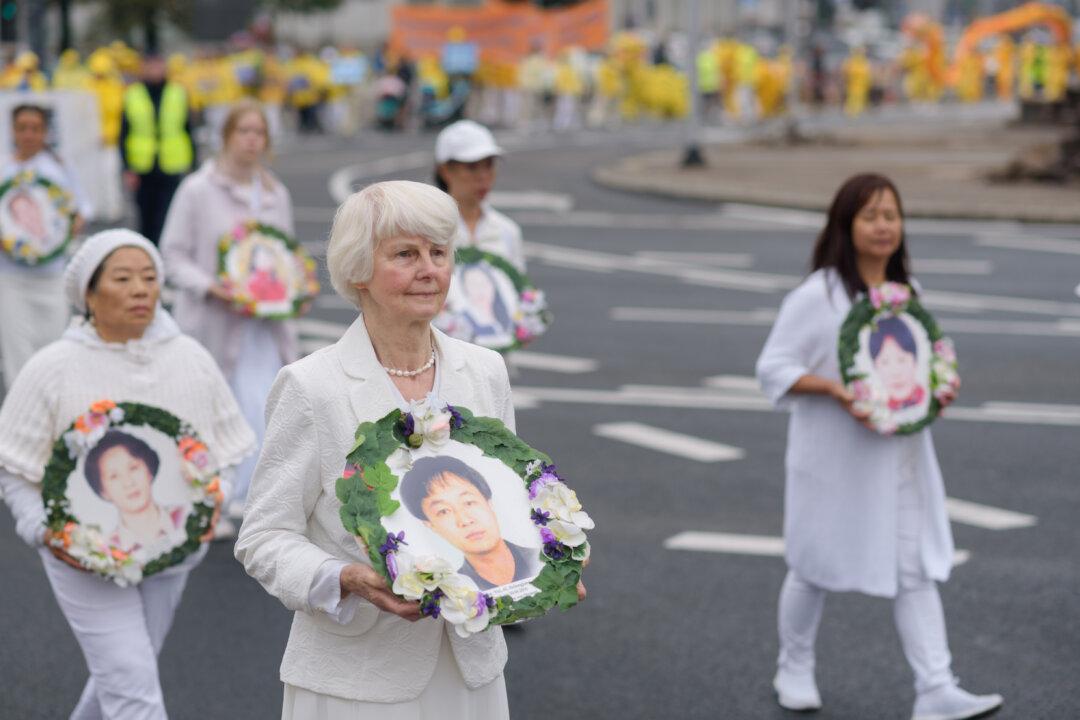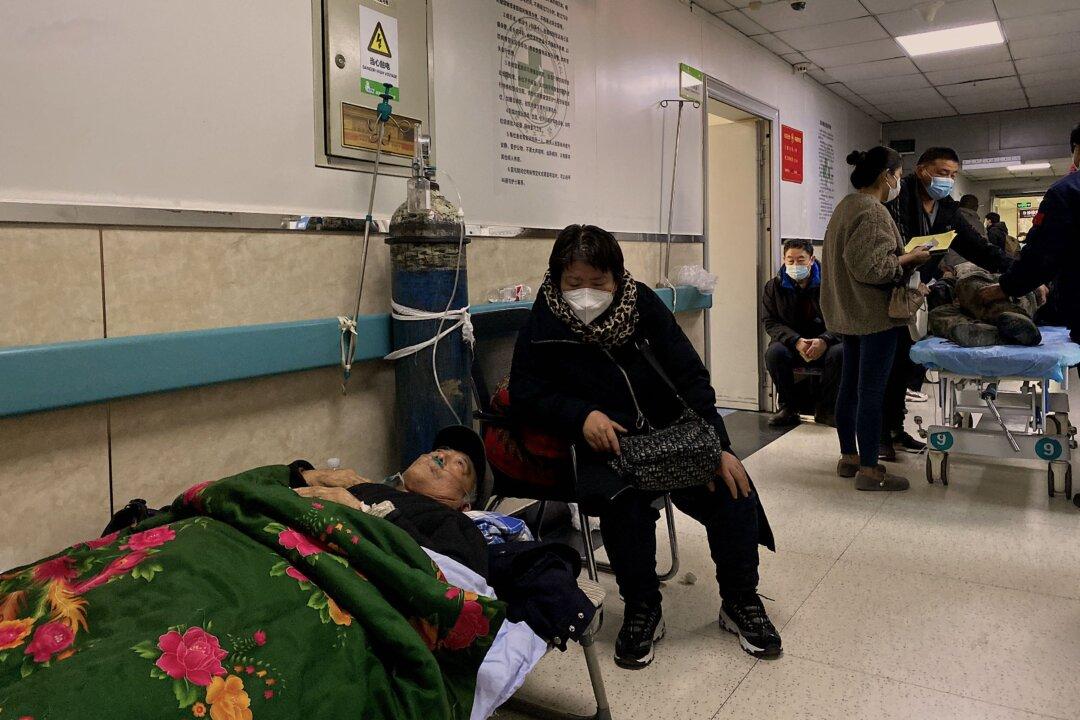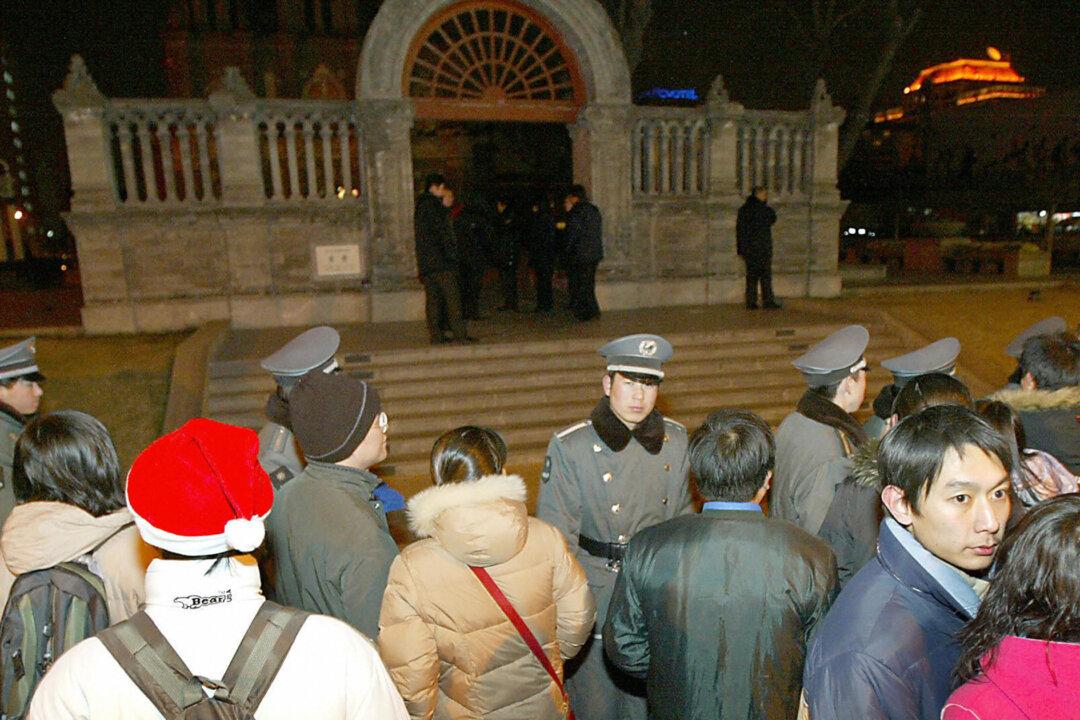Although China has been plagued by shutdowns and lockdowns over the past two years, many Chinese prisons have been operating business-as-usual, a prison guard has said.
The guard—Wang Liang (alias)—told The Epoch Times on July 16 how this is possible.
“We follow a 14-14-14 schedule,” said Wang, who works at a prison in a small town in the northeastern province of Heilongjiang.
The three-part schedule has been widely adopted by many prisons in China since the start of the pandemic, he said.
The schedule requires a guard to go through a 14-day quarantine period, followed by a 14-day work period, followed by a 14-day rest period at home. Depending on the situation, the schedule can be modified with longer or shorter periods.
‘We’ll be Broke Without the Prisons’
The township prison where he works employs about 500 people, Wang said.“There are about 100 guards, like me, who do the groundwork,” he said.
“Then there are those who sit in the offices and do not need to work inside the prison. They don’t have to follow the quarantine schedule. They can go home every day. But to work in the office, you need connections, which I don’t have.”
Wang said that he would like to have a different job, which is less demanding. He said doing the night shift is difficult.
“We have to stare at about two dozen monitor screens all night long,” he said.
Wang said his prison is divided into several areas and each area has about two dozen security cameras. The vision from the cameras must be monitored constantly.
But for the time being, Wang is afraid of losing his job. “In our town, there are two prisons. Our economy relies on these prisons. Without them, we’ll be broke,” Wang said.
When asked to elaborate on the details of products produced in the prison by inmates, Wang refused to comment. “I can’t tell you anything, if they found out it was me talking to you, I’d be in big trouble.”
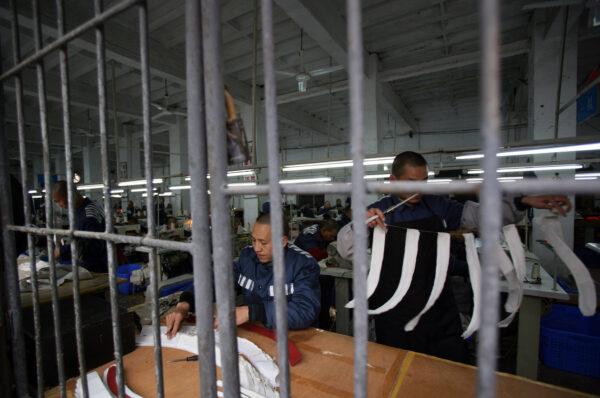
Chain of Profit
In June, a former “prison liaison,” whose surname is Hua, provided The Epoch Times with details about China’s prison economy.A prison liaison is someone who does not work for the prison but provides the type of technical or managerial skills a prison needs to be profitable.
Hua said that he worked as a prison liaison for almost 20 years before he immigrated.
“Since the 1980s, the prison system has been reformed into a profit-seeking entity. Suddenly, huge profits were being made by exploiting the inmates through a multitude of illegal means,” Hua said.
“But everything that happens inside China’s prisons is considered a ‘state secret'. So no one was held accountable for their illegal deeds. All the prison guards are in it, either intentionally or forced to.”
The chain of profit goes from the prison guard all the way to the top of the prison totem pole, Hua said, adding that he'd seen a document from one prison showing the monthly bonus of the guards.
“The highest bonus, over 1,000 yuan, goes to the lead guard. Then it increases level by level up,” Hua said. “The officials on the provincial level and central level can easily get tens of thousands of yuan per year,” he said.
